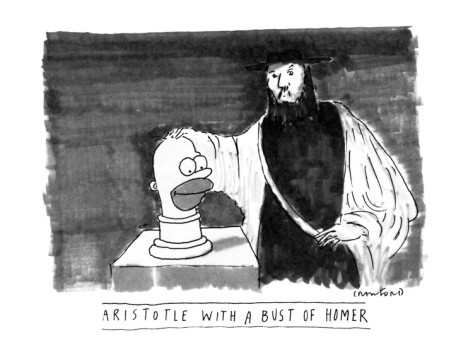Helping Online Teachers (HOT) Topics
Introduction
This is a space where I'm going to try to write about the next steps for anyone unexpectedly transferring their course to online. For those teaching, the goal is to provide one idea each day that you can try with your class. Topics will include ideas for leading a group discussion, eliciting and interpreting individual students' thinking, setting up and managing small group work, providing oral and written feed back, and many more. The topic today is participation and it is a little longer than usual and too much to digest in one sitting. Future entries will be shorter and more limited. Feel free to send me comments and questions.
Participation
While most traditional instructors have an idea what participation looks like in their average class. Many have not spelled it out completely hoping that a shared experience of "being in classes" helps to define the construct. When students shift to online instruction, the shared experience of holding class no longer holds. The first thing that instructors should do is to reevaluate what counts as participation.



